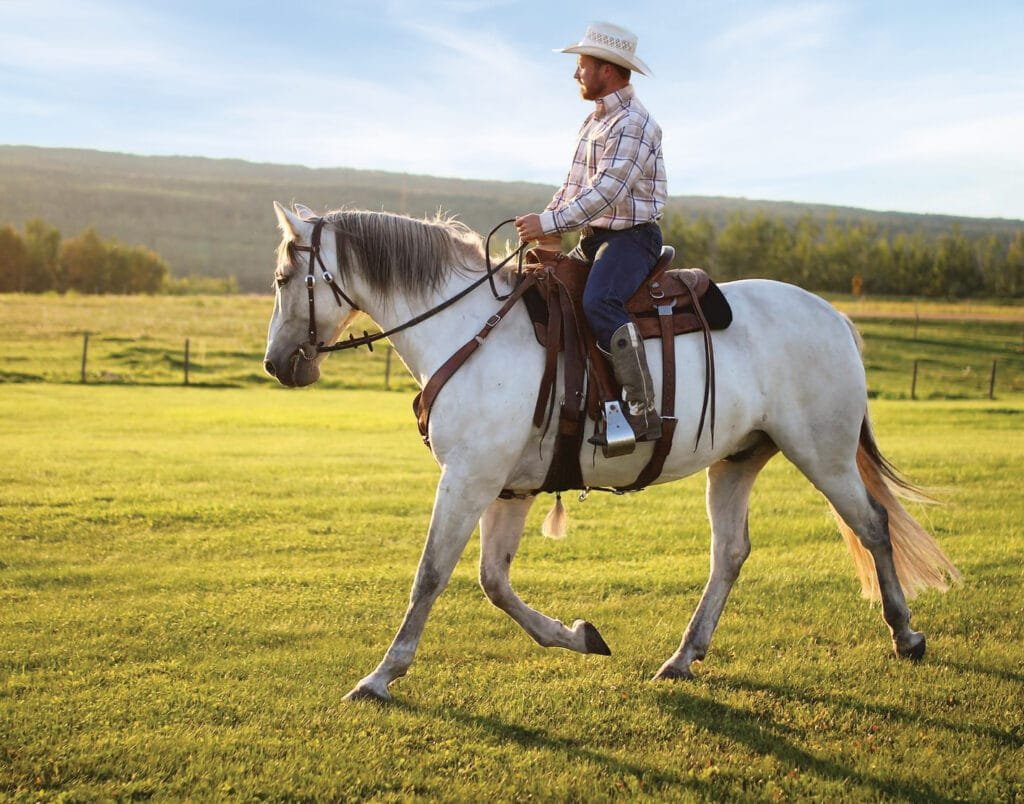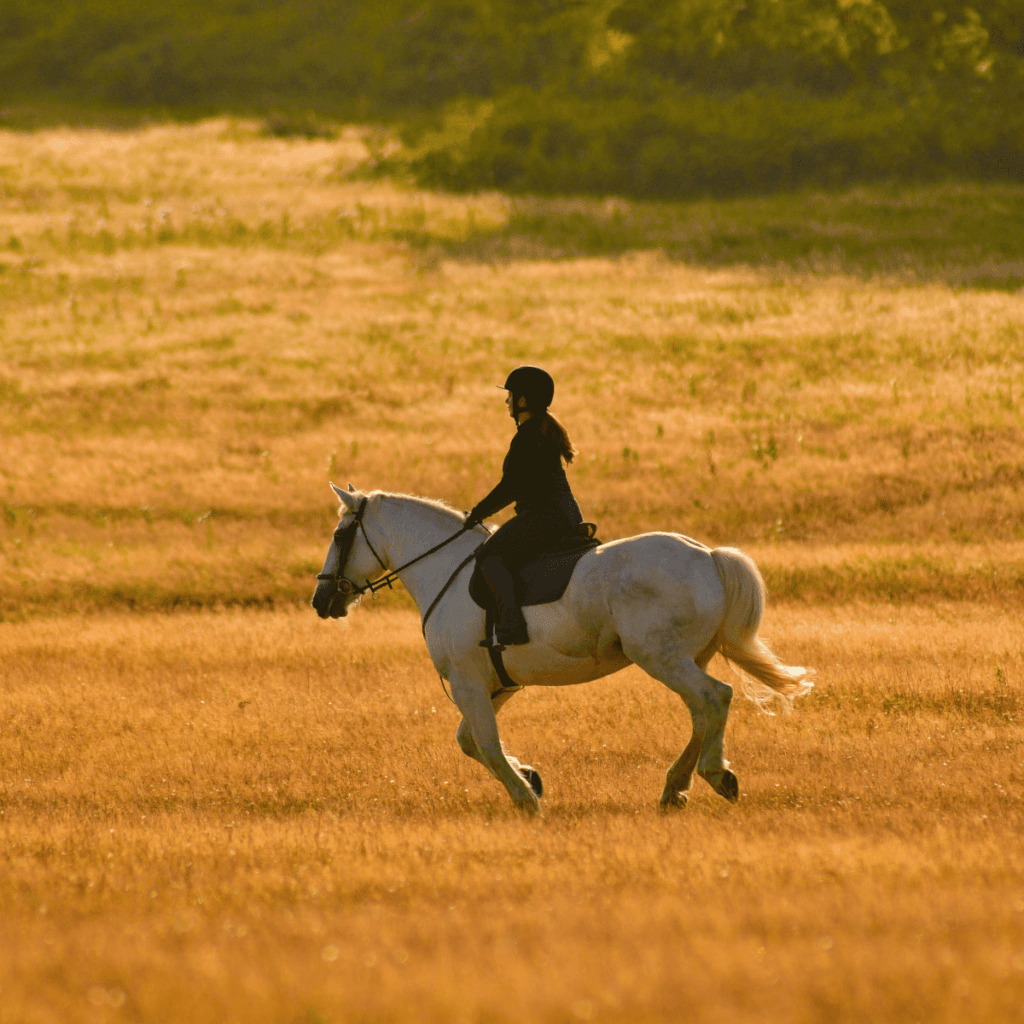Training a Sensitive Horse: A Gentle Approach
Sensitive horses, often very aware of their surroundings, can react strongly to new experiences or sudden changes. Here’s a straightforward guide to help you train a sensitive horse effectively while building trust and confidence.
Understanding Sensitivity
A sensitive horse reacts quickly to stimuli, whether it’s a loud noise, a sudden movement, or a new object in the environment. This sensitivity isn’t a flaw; it’s simply a part of their nature. These horses are often very intelligent and responsive, which means they can learn quickly if approached in the right way.
Building Trust
- Create a Safe Environment: Begin by making sure your horse feels secure. A familiar and calm environment helps your horse relax and be more receptive to training.
- Establish a Connection: Spend time with your horse, building a bond through gentle grooming and positive interaction. Trust is the foundation of effective training.
- Use Positive Reinforcement: Reward your horse with treats, praise, or a pat when they respond correctly. This encourages them to repeat the behavior and helps them associate training with positive experiences.
Training Techniques
- Be Patient: Sensitive horses may need more time to get used to new things. Avoid rushing through training sessions. Go at a pace that suits your horse, and be patient with their progress.
- Break Tasks into Small Steps: Instead of overwhelming your horse with a complex task, break it down into smaller, manageable steps. This makes learning less stressful and helps your horse feel more accomplished.
- Use Gentle, Clear Commands: Speak in a calm, soothing voice and use consistent commands. Harsh or loud commands can startle a sensitive horse and hinder their learning.
- Introduce New Things Gradually: When introducing your horse to new objects or environments, do so slowly. Allow your horse to explore at their own pace, and give them time to adjust to new stimuli.
- Watch Body Language: Pay attention to your horse’s body language. Signs of stress, such as flaring nostrils or a tense body, indicate that your horse may be overwhelmed. If you see these signs, take a step back and give your horse a break.
- Stay Calm and Confident: Horses often mirror their handler’s emotions. If you remain calm and confident, your horse will feel more secure and relaxed.
Common Challenges and Solutions
- Fear of New Objects: Sensitive horses may be frightened by new items. Introduce these items in a controlled manner, allowing your horse to investigate them while staying at a safe distance. Gradually bring the object closer as your horse becomes more comfortable.
- Overreacting to Noise: If your horse is startled by noises, help them become accustomed to these sounds gradually. You can play recorded sounds at a low volume and gradually increase it as your horse becomes more accustomed.
- Difficulty Focusing: Sensitive horses might become distracted easily. Keep training sessions short and engaging to maintain their attention. Incorporate breaks and vary activities to keep your horse interested.
Training a sensitive horse involves understanding their unique needs and approaching them with patience and empathy. By creating a safe environment, using positive reinforcement, and addressing challenges thoughtfully, you can help your sensitive horse build confidence and respond well to training. Remember, the goal is to foster a trusting and respectful relationship where your horse feels secure and motivated to learn.




